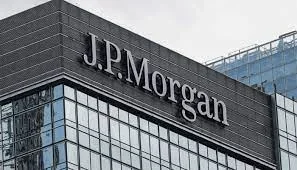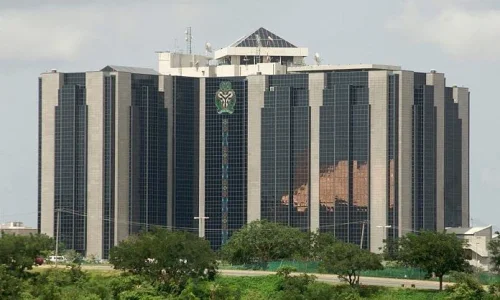
In a groundbreaking report, JP Morgan Chase & Co has unveiled an ambitious prediction for the Nigerian Naira's exchange rate. The financial giant expects the Naira to appreciate significantly against the US Dollar, reaching N850/$ by the end of the year. This projection has ignited intrigue within the global financial sphere, drawing attention to the economic factors driving such a remarkable forecast.
JP Morgan attributes this projected strengthening of the Naira to a combination of factors. Tighter monetary policy, more attractive interest rates, and improved foreign exchange (FX) levels are expected to discourage the incremental dollarization of the Nigerian economy. Moreover, it is anticipated that these factors might attract foreign capital, further bolstering the Naira.
The report acknowledges the Nigerian authorities' willingness to maintain a more flexible exchange rate, which is seen as a crucial element of the Naira's growth. However, JP Morgan does not underestimate the challenges that lie ahead, emphasizing the large backlog of unmet FX demand and low net FX reserves as potential hurdles in this endeavor.
JP Morgan notes that the Central Bank of Nigeria (CBN) appears open to allowing a flexible exchange rate without relying on moral suasion to limit its upside. While this approach was previously attempted, it encountered setbacks due to concerns over inflation. Nevertheless, the recent efforts to restore a flexible FX regime may be sustained, accompanied by tighter monetary conditions.
The interbank FX rate has already shown signs of improvement, rising to over N900 from N750 in recent days, significantly closing the gap with the parallel market rate, which now hovers just above N1,000.
JP Morgan's report also highlights the challenges related to the backlog of unmet FX demand. They estimate that the CBN is grappling with unmet FX demand amounting to $3-4 billion, in addition to $6.8 billion in FX forward commitments that the central bank has not honored, the majority of which has been covered by commercial banks.
The report underscores the importance of clearing these backlogs and acknowledges the difficulty due to the low levels of net FX reserves. Earlier estimates have suggested that Nigeria's net FX reserves could be as low as $3.7 billion by the end of the year.
Furthermore, JP Morgan suggests that the current -300 basis points / +100 basis points corridor around the 18.75 percent policy rate may need to be narrowed to enhance the market's and the real economy's reliance on the policy rate. The CBN has been observed to tighten liquidity conditions recently, including mopping up around N400 billion of liquidity via open market operations (OMO) at significantly higher yields.
While the CBN may continue normalizing monetary policy, JP Morgan expects the policy rate to remain at 18.75 percent, despite the potential for higher OMO rates. This may be a necessary compromise, given political sensitivities and preferences for lower interest rates, while also helping to address inflationary pressures.
JP Morgan also points out that an increase in interest rates could pose challenges for the central bank and the federal government. The removal of the limit on remunerable deposits at the central bank is seen as a positive step, but it needs to be complemented with a symmetric corridor around the policy rate to ensure effective monetary policy management.
JP Morgan's forecast has generated significant interest and debate, with experts closely monitoring the evolving situation in Nigeria's financial markets. The Naira's potential appreciation to N850/$ could have far-reaching implications for the nation's economic outlook




